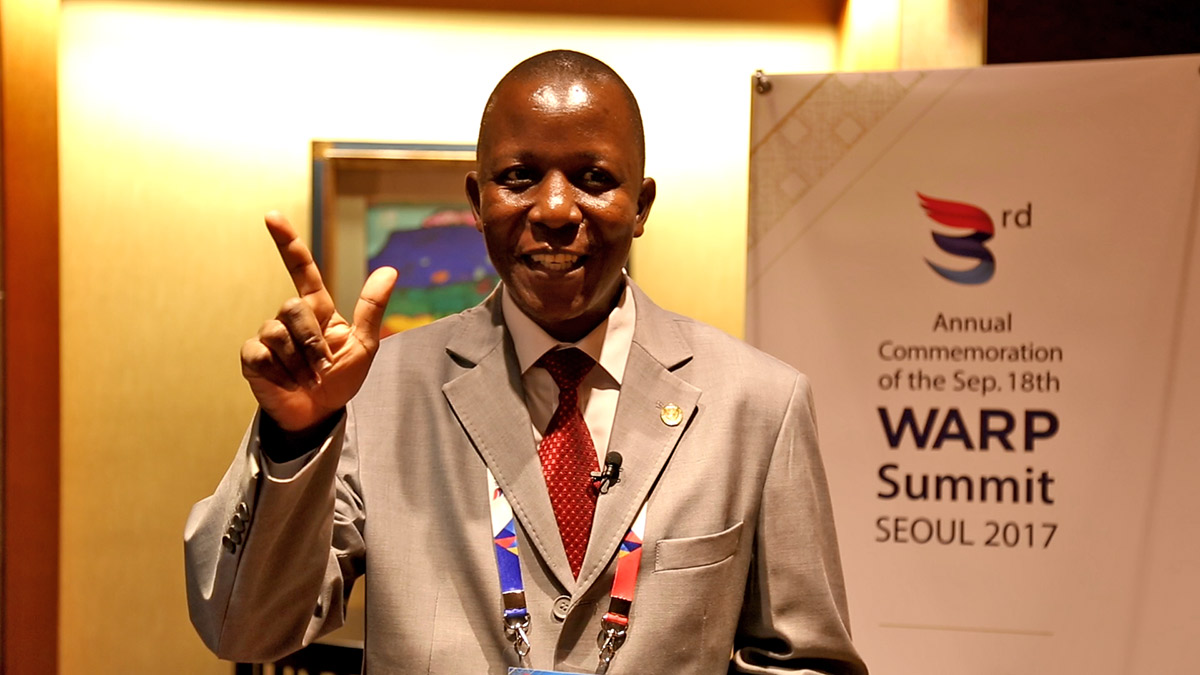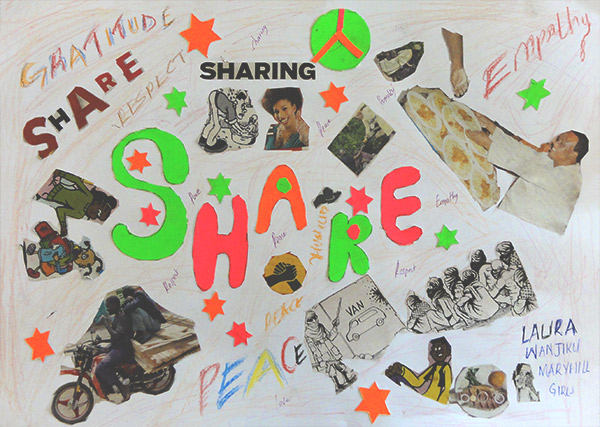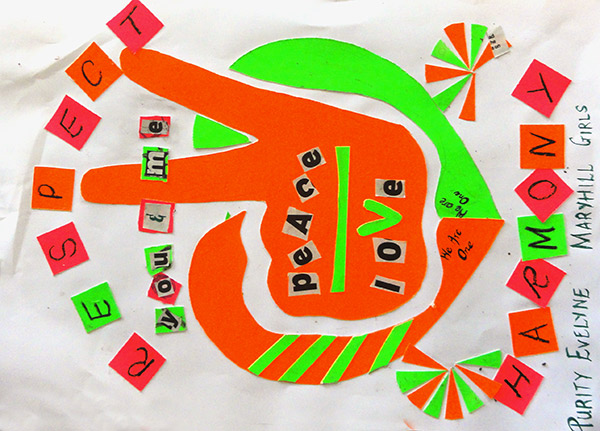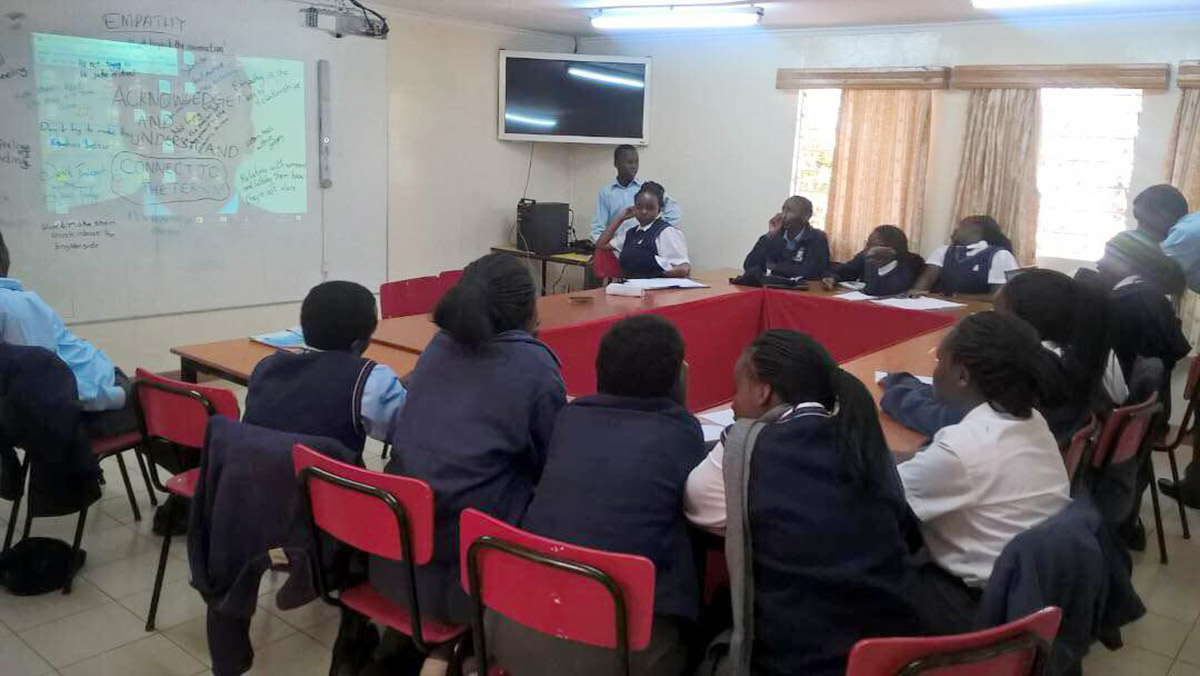Exclusive Interview with Mr. Mathias Kevin Osimbo on HWPL Peace Education

Having dedicated 17 years to teaching, Mr. Mathias Kevin Osimbo, the In-country Representative of Teachers Without Borders in Kenya, offers unique insights into peace education as one of the many educators who have implemented HWPL’s peace education in their classrooms.
Mr. Osimbo views that education should be taught in a way that transforms children’s lives by integrating the concept of values in their lives rather than them being taught through textbooks as just knowledge. He sees the great potential of peace education since it could instill the concept of many essential values, such as the sanctity of life, that promote and preserve a culture of peace.
“Cramming and producing are not getting educated. Getting educated is actually getting the concepts and implementing them in life. The grades without values are meaningless. Why should we train an engineer who has no morals and no values…[who] therefore goes and constructs a building that collapses and kill people? That’s why as we teach our subject areas, we should be also telling them it’s not about grades. It’s about life, changing someone’s life and also taking care of somebody’s life. You must value the sanctity of life, whereby we are building the house…we should be building a house knowing that this building a house will accommodate people.”
For several years, Mr. Osimbo led peace education programs and workshops through his organization, but he finds that real changes from both teachers and students were noticed when he chose, developed and implemented the peace education model presented by HWPL. He chose the value of ‘empathy’ because he “could see the hatred in school… no love and no care”.



The results were beyond surprising:
“I picked students from the group, peace club, in my school. When the members came, we picked one of the values, ‘empathy’. As the students discuss about this, they came up with their own ideas and definition of what empathy is. Some of them were too emotional and they were shedding tears as they were sharing their life experiences. Let me tell you there was a change afterwards. Before the discussion, students hit each other. They never used to love one another or care what other children are going through. But after the discussion on empathy, they could see the necessity of why we should have empathy. I actually felt the concept of empathy was sinking into these children.”
Afterwards, students applied the concept of ‘empathy’ in their lives. These real positive changes in students’ behaviors gave him “happiness as [he is] seeing the child progress to a better person”. That was also the very start of a peace club in his school, a student-driven club with the intent to organize and implement various peace-promoting activities, while still working with the community’s unique circumstances and needs.
Mr. Osimbo now has a clear vision and goal of an educator working for the best interest of students’ lives and prosperity:
“It’s disheartening to teach people and then they perish. As a person, you might feel like you should give up. But in the contrary, that has even encouraged me more to work so hard and incorporate the concept of values. I should not just teach for A’s, but teach someone who will be having moral obligations to respect life. Therefore, I am trying as much as possible to see the end, my students being successful and not the students being perished. I’ve been trying my own ways until recently when I learned peace education values through HWPL and implemented it and it has worked. I found the solutions now.”













